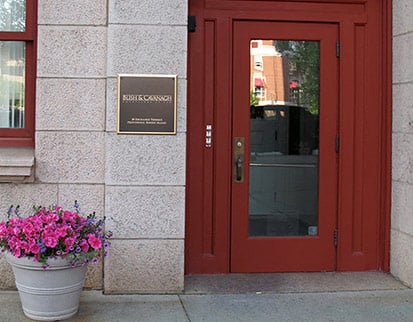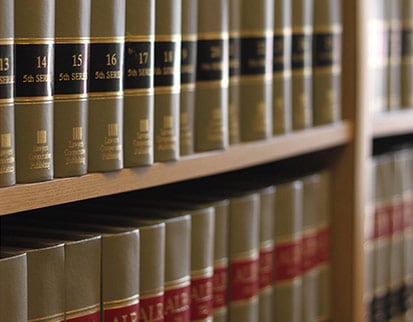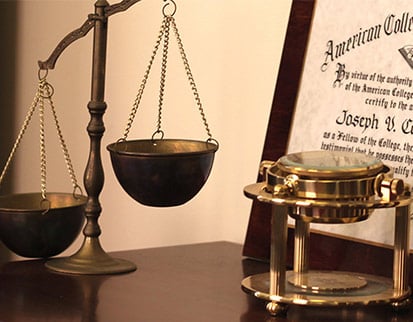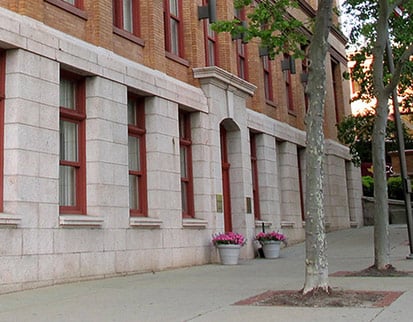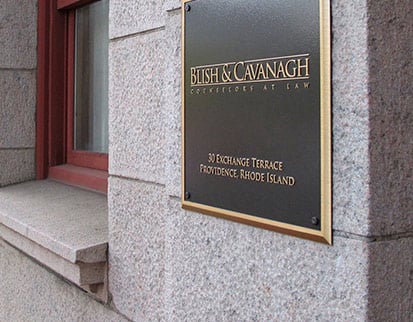In Rhode Island, the probate process includes mechanisms to challenge the validity of a will through a will contest. This legal procedure ensures that a deceased creator’s testamentary document reflects their true intentions.
Will contests safeguard against potential abuses, allowing interested parties to present their case when they believe a will was created under circumstances that don’t comply with Rhode Island law or the decedent’s wishes. These contests can be complex, involving detailed legal arguments and evidence.
Who can file a will contest in Rhode Island?
The right to contest a will isn’t open to everyone but to those with a vested interest in the outcome of the estate, known as interested parties. These typically include beneficiaries named in the will, heirs who would stand to inherit if the will is deemed invalid and sometimes creditors of the estate.
Valid reasons for a will contest
The grounds for contesting a will in Rhode Island are specific and legally defined. They include:
- Undue influence: When it’s believed the decedent was coerced into making decisions that didn’t reflect their true desires
- Lack of testamentary capacity: Suggesting the decedent didn’t fully understand the nature of the document they were signing or the extent of their assets
- Improper execution: Indicating the will doesn’t meet Rhode Island’s legal formalities
- Fraud: When the decedent was misled about the nature or contents of the document
Each reason provides a basis to question the will’s legitimacy, aiming to protect the deceased’s true intentions.
The importance of evidence
The challenger must provide compelling evidence supporting their claim to contest a will successfully. This might include testimony from witnesses present at the signing of the will, medical records proving the decedent’s incapacity or documents demonstrating fraud or undue influence.
The quality and persuasiveness of the evidence in a particular case are critical to the outcome of the contest because the burden of proof lies with the person challenging the will. As such, working with someone who can explain the legal options and possibilities is beneficial in these cases, regardless of which side of the contest a person is on.


